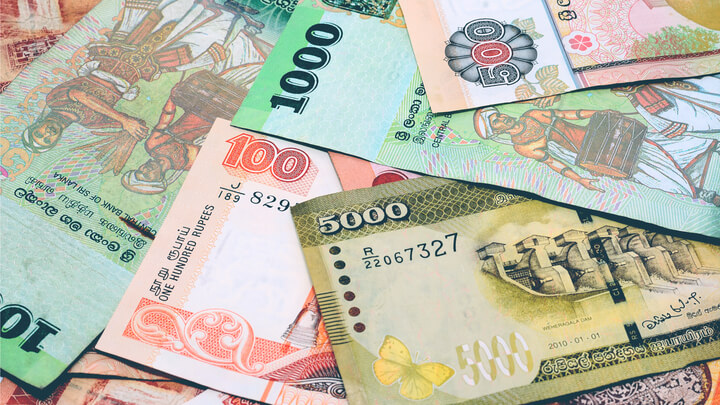Government of Sri Lanka’s (GoSL) face value money printing (FVMP) debt increased by 2.74 per cent (Rs 78,154.54 million) to a record Rs 2.9269 trillion on Wednesday (15 June) due to a persistent lack of revenue. GoSL’s previous record high FVMP debt was Rs 2.8959 trillion established on 27 May 2022.
However, Wednesday’s increase was non-demand-pull inflationary as it was used to make settlement for the payment of ‘essential’ imports led by fuel, by depreciating the country’s foreign reserves by US$ 266.81 million (Rs 95,999.54 million) on Wednesday. Conversions are based on the administered ‘spot’ price as at Friday which was Rs 359.80 to the US dollar.
Despite the increase in GoSL’s FVMP debt, GoSL’s MP borrowing costs (MPBCs), rather than increasing, fell for the seventh consecutive market day to Wednesday, with Wednesday’s decline ‘also’ being a sharp 1.75 per cent (Rs 1,816.94 million) to Rs 101,712.52 million over its Monday’s figure due to sustained buying pressure of riskless, low returns Treasury (T) Bills and
T Bonds in secondary market trading because of perennial uncertainty, rather than investing in the high returns private sector, the engine of growth. Tuesday was a Poson Poya holiday to the market. Market’s net shortfall increased by 2.63 per cent (Rs 17,845 million) to Rs 696,078 million yesterday.
GoSL’s FVMP debt has been over Rs two trillion for a record 96 consecutive market days to Wednesday due to an almost perennial lack of revenue. The market has been short for a record 186 market days to Wednesday. GoSL’s highest to the 190th highest FVMP debt has been registered for a record 190 market days to Wednesday. GoSL’s FVMP debt is equivalent to the totality of CBSL’s T Bill and T Bond holdings. MP is the exclusive right of CBSL. GoSL’s MPBCs are prorated to the outcome in secondary market trading of T Bills and T Bonds on the reference day.
‘Spot’ trades are settled after two-market days from the date of transaction.The ‘spot’ is administered to minimise GoSL’s foreign debt in rupee terms and lower the cost of ‘essential’ imports, while ‘essential’ imports are met from the country’s foreign reserves and not from the market to prevent further depreciative pressure on the rupee as Sri Lanka is an import dependent economy. CBSL lacks transparency in its open market operations. Transactions between CBSL and GoSL are foreign reserves neutral.


